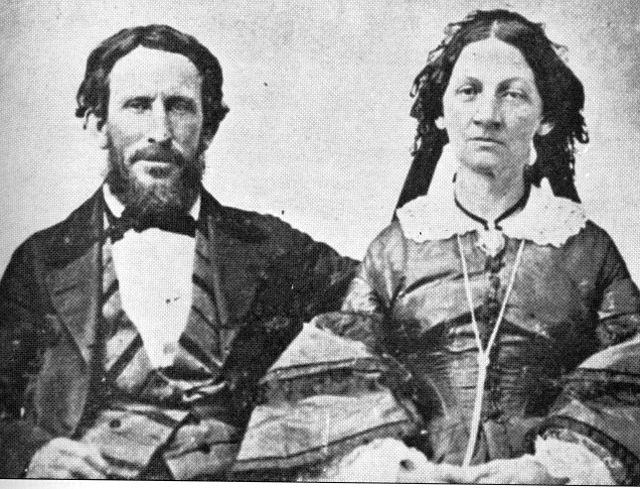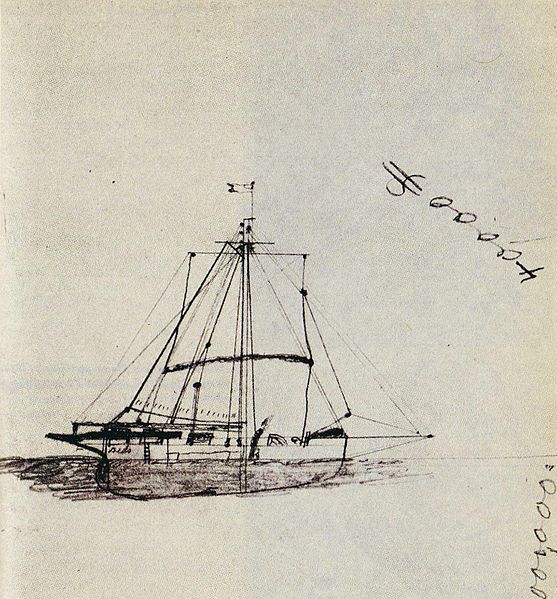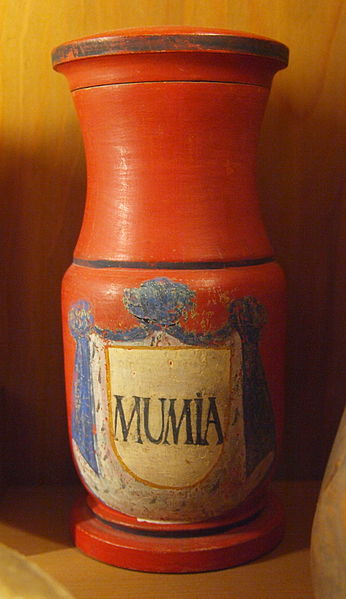The Donner Party, sometimes called the Donner–Reed Party, were a group of American pioneers who migrated to California in a wagon train from the Midwest. Delayed by a multitude of mishaps, they spent the winter of 1846–1847 snowbound in the Sierra Nevada mountain range. Some of the migrants resorted to cannibalism to survive, primarily eating the bodies of those who had succumbed to starvation, sickness or extreme cold, but in one case two Native American guides were deliberately killed for this purpose.
The 28th page of Patrick Breen's diary, recording his observations in late February 1847, including "Mrs Murphy said here yesterday that thought she would Commence on Milt & eat him. I dont that she has done so yet, it is distressing." [sic]
An encampment of tents and covered wagons on the Humboldt River in Nevada, 1859
James and Margret Reed
Emigration Canyon, route of the Hastings Cutoff
Human cannibalism is the act or practice of humans eating the flesh or internal organs of other human beings. A person who practices cannibalism is called a cannibal. The meaning of "cannibalism" has been extended into zoology to describe animals consuming parts of individuals of the same species as food.
A cannibal feast on Tanna, Vanuatu, c. 1885–1889
Sketch of the Mignonette by Tom Dudley. In English common law, the R v Dudley and Stephens (1884) case banned survival cannibalism after maritime disasters, which had been a widely accepted custom of the sea.
Enemies being killed and roasted in South America – engraving by Theodor de Bry (1592)
An 18th-century albarello used for storing mummia. Medicinal cannibalism was widespread in many countries of early modern Europe.








